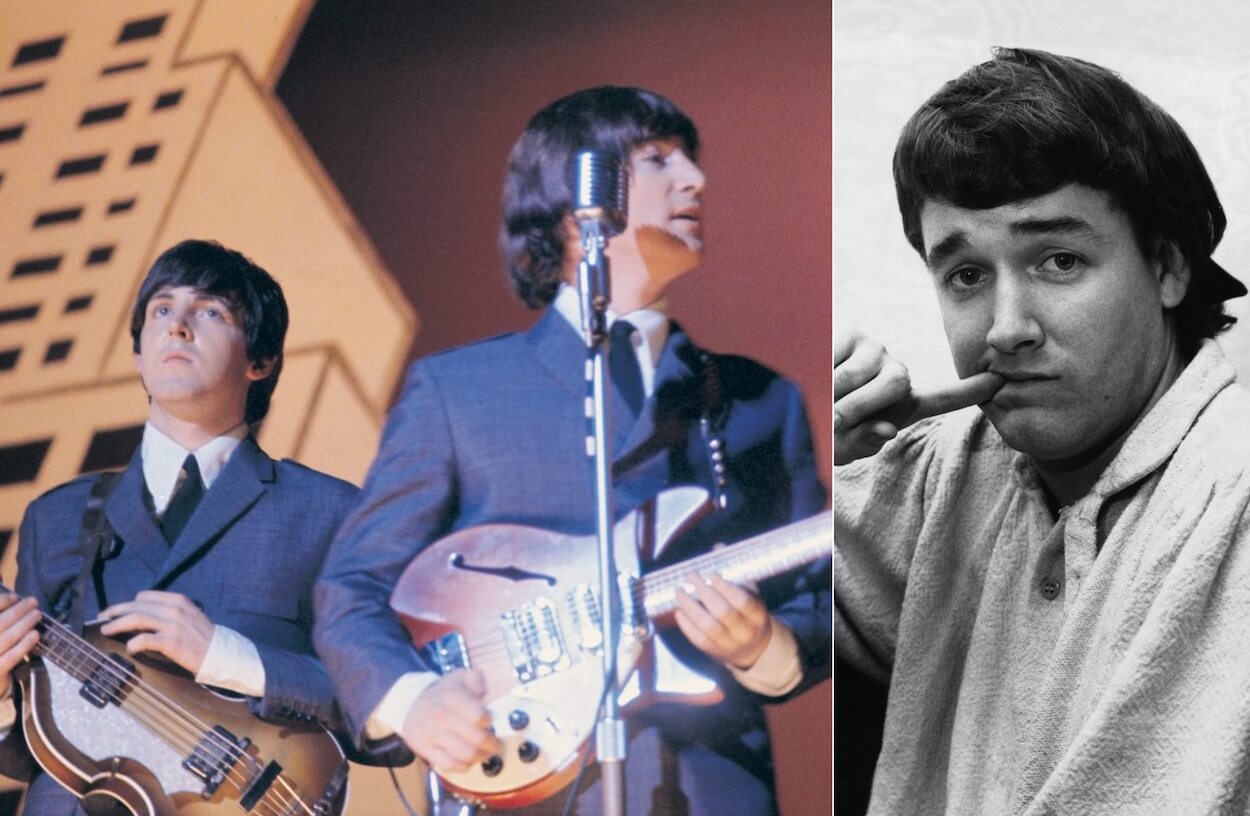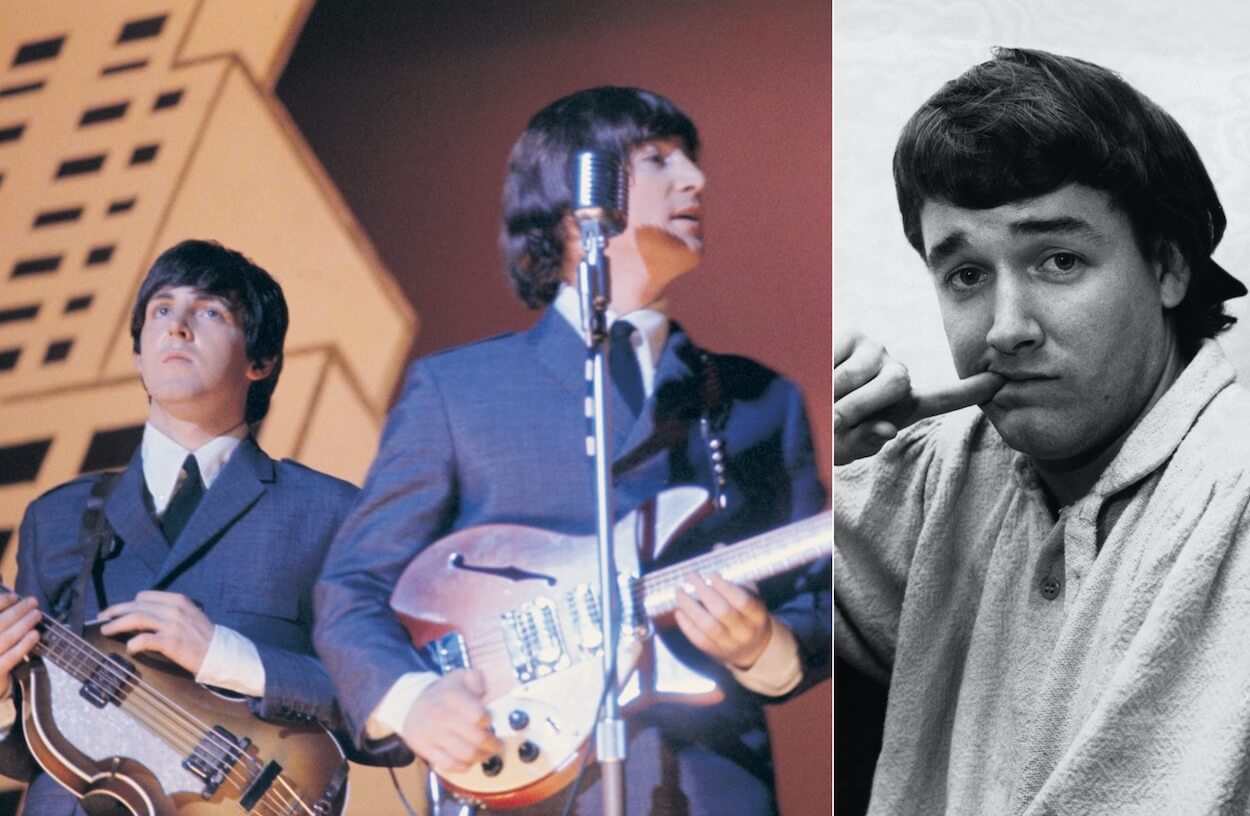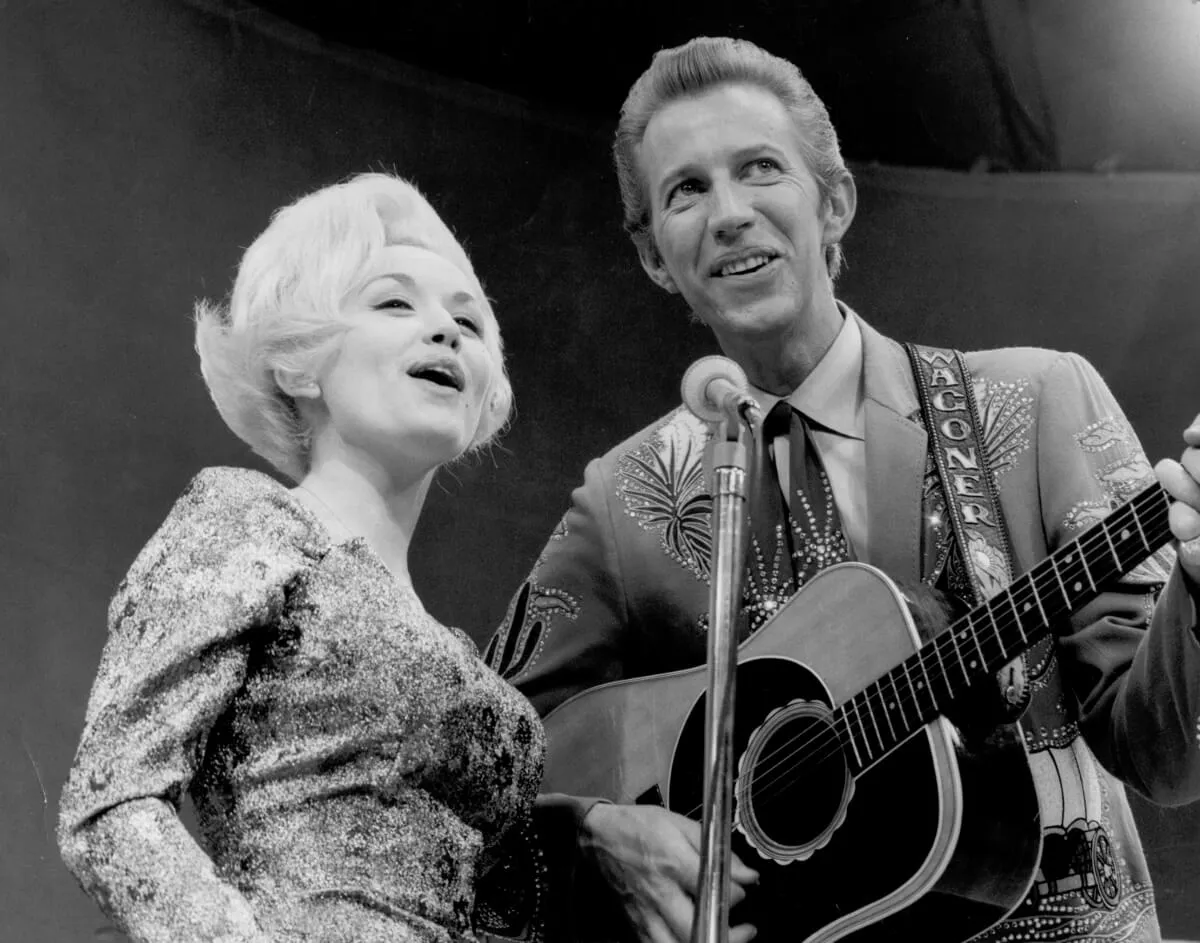
John Lennon and Paul McCartney Gave Up on a Beatles Song That Turned Out to Be a Success
In addition to being expert songwriters, The Beatles also had a strong b.s. detector. They wrote nearly two dozen No. 1 hits in the United States but also walked away from music they knew wouldn’t perform well. John Lennon and Paul McCartney gave up on a song that turned into a modest success for an American singer.

John Lennon and Paul McCartney gave away ‘That Means a Lot,’ and it became a minor hit for P.J. Proby
Once they developed their songwriting skills, Paul and John opened floodgates that proved hard to close. They gifted a hit song to The Rolling Stones (“I Wanna Be Your Man,” which the Fab Four also recorded), but they didn’t stop there.
John and Paul wrote “That Means a Lot” while working on the Help! soundtrack in 1965. The version that eventually surfaced on Anthology 2 in 1996 was a spacious, reverb-soaked ballad. A little more time might have polished the edges, but The Beatles of 1965 didn’t have that luxury. They didn’t like it, so they moved on.
“The song is a ballad which Paul and I wrote for the film, but we found we just couldn’t sing it,” John told New Musical Express at the time (via Beatles Bible). “In fact, we made a hash of it, so we thought we’d better give it to someone who could do it well.”
That someone was American singer P.J. Proby. His powerful vocals took center stage, especially when he held the final note in the waning moments. The slowed-down, horn-heavy take on the song — which featured a George Martin string section — became a modest success.
Proby’s single rose to No. 30 in England, per the Official Charts Company, and spent six weeks on the charts. The singer made the most of a song John and Paul gave up on, reworking “That Means a Lot” and turning it into a minor hit across the pond.
Another tune The Beatles walked away from topped the charts
The Fab Four didn’t have much creative control over their music before they made it big. Their first single, “Love Me Do,” cracked the top 20 in England, but that was only because Martin listened to the band’s pleas, trusted his judgment, and let The Beatles record an original.
Before that happened, the producer forced them to record the pre-written “How Do You Do It” as a potential first single. It might sound strange for a band whose early hits included songs such as “I Want to Hold Your Hand,” “P.S. I Love You,” and “All My Loving,” but The Beatles believed “How Do You Do It” was too saccharine for their tastes.
The band locked away their version of the song, and it didn’t see the light of day until Anthology 1. Yet their arrangement of “How Do You Do It” proved to be successful. The Beatles’ unreleased version of the song went to No. 1 in England for fellow Liverpool band Gerry & the Pacemakers.
The Fab Four proved they didn’t need outside help to find success. Their early albums included many cover songs, but John, Paul, and George Harrison wrote all their major hits on both sides of the Atlantic.
Not all John and Paul songs proved to be hits for other musicians
John and Paul asked for Kenny Lynch’s help writing “From Me to You” while they toured together in 1963. Lynch called the two Beatles idiots when they couldn’t figure out how to finish the song.
We’re not sure if Lynch retracted his comments after the tune topped the charts, but his opinion didn’t keep him from setting a record with a Beatles song. He recorded the John and Paul original “Misery” in 1963, becoming the first artist to cover The Beatles. In doing so, Lynch proved that the pair had a certain special quality. His version of the song barely registered on the English charts. The Beatles smartly refrained from releasing “Misery” as a single.
The Beatles were international chart-toppers in 1965 who could afford to scrap songs that weren’t working for them. John Lennon and Paul McCartney gave up on “That Means a Lot” and gifted it to P.J. Proby, who turned the ballad into a modest success in England.
For more on the entertainment world and exclusive interviews, subscribe to Showbiz Cheat Sheet’s YouTube channel.


